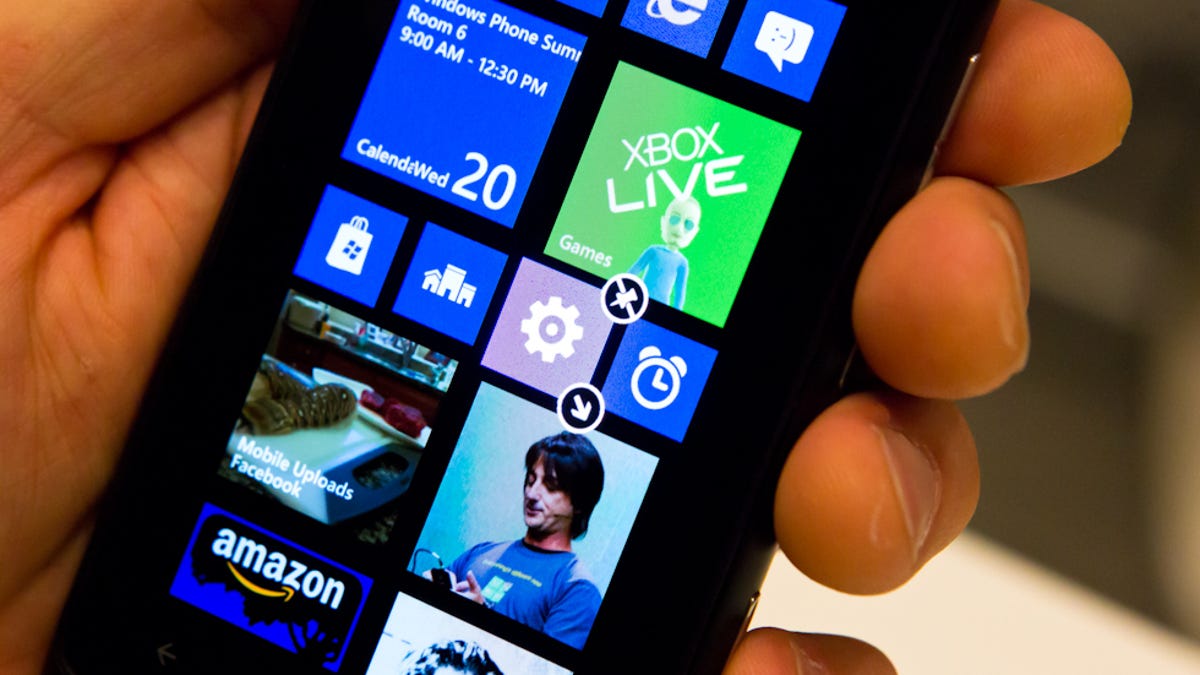Qualcomm confirms Snapdragon S4 processor for Windows Phone
Smartphones bearing Windows Phone 8 will carry Qualcomm's latest dual-core processor.

Support for multi-core processors was one of the biggest pieces of news to come from Microsoft's Windows Phone 8 unveiling today. Qualcomm has just confirmed that it will supply its dual-core Snapdragon S4 Plus chipset to power future Windows phones.
The Snapdragon S4 is Qualcomm's fastest chip to date and goes up to clock speeds of 1.7GHz per core. It currently powers four of the U.S. market's fastest phones, the HTC One X, HTC Evo 4G LTE, HTC One S, and the Samsung Galaxy S3. Both phones earned CNET Editors' Choice awards, in part due to their speedy internal performance.
In addition to integrating an application processor (CPU) and graphics processor, the Snapdragon S4 chip also bundles in an LTE radio, among other components. Samsung told CNET that the all-in-one chipset helps phone designers keep a slim physical profile.
While Qualcomm's speedy silicon will surely be present and accounted for in several high-end Windows phones, don't expect it in every Windows phone. Microsoft wants to go top to bottom with premium and more mainstream experiences, and Qualcomm's Snapdragon S4 won't keep costs at rock bottom.
This is just the kind of smart play that Microsoft needs to give its next-gen platform and hardware a chance to chisel away Android and iOS.

